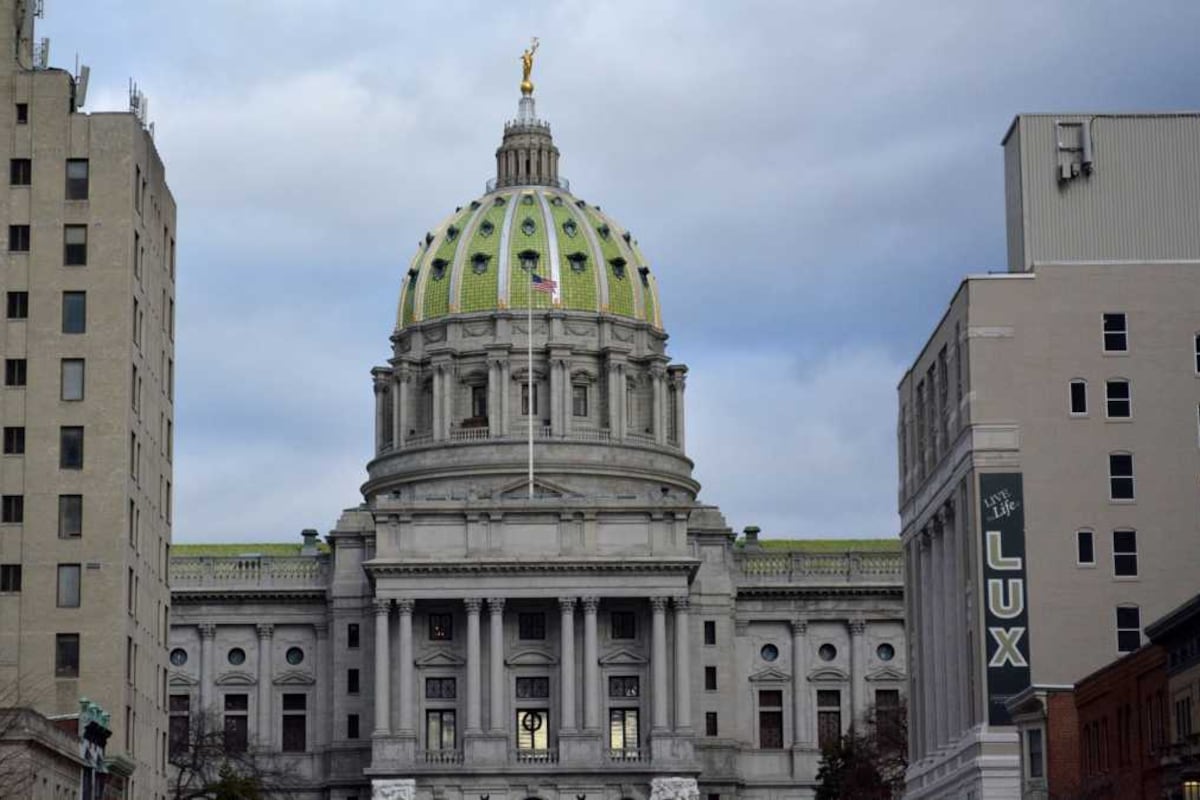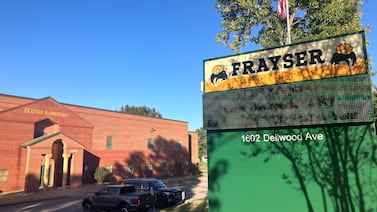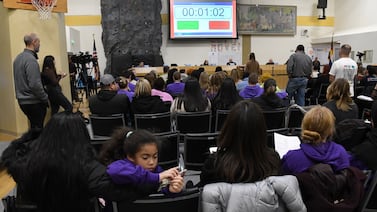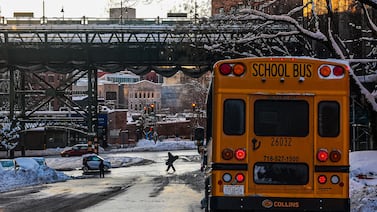
Pennsylvania’s entire state House and half of its Senate are up for election Tuesday — and the results could have a big effect on education policy and school funding.
Some political observers believe Democrats have the ability to take back control of the house or possibly even both chambers of the legislature. If so, changes could be coming to the formula used to distribute money to Pennsylvania school districts.
Pennsylvania has one of the widest spending gaps in the nation between its rich and poor districts. A recent report done as part of a landmark lawsuit challenging the system found that Pennsylvania districts need $4.6 billion in additional funds to adequately educate their students. Districts with majorities of Black and Latino students are particularly shortchanged, the analysis found.
Philadelphia, where nearly three-fourths of students are Black and Latino, is underfunded by the state to the tune of $5,600 per student, according to the report by Penn State education professor Matthew Gardner Kelly done for plaintiffs in the six-year-old case.
The legislature in 2016 approved a funding formula that weights per-student aid depending on a district’s poverty level, district taxing capacity and other conditions. But lawmakers decided to apply it only to new funds, not the entire pot, while assuring that no district gets less money than the year before. This is called “hold harmless,” and benefits mostly rural districts that have lost enrollment. Under this system, urban and some suburban areas have seen student needs grow while their per-student state aid shrinks.
“Right now, we have a formula that works only for the ‘hold harmless’ districts,” said Donna Cooper, executive director of the research advocacy group Public Citizens of Children and Youth who helped organize the Children Matter Access Fund to lobby the legislature on issues important to their welfare.
A dozen or more new Democratic legislators would create a strong bloc of 20 to 25 members of the House caucus who would push its own leadership to fight for a change in the formula and an increase the total amount allocated to education, Cooper said.
Most of the opportunities for Democratic House pickups are in the suburbs of Philadelphia and Pittsburgh, where President Trump’s support, particularly among women, has been waning, and Republican legislators are keeping their distance.
“The Democratic candidates who are running in these Republican seats, their top issue is to get the schools funded,” Cooper said.
Democrats are outspending Republicans in competitive districts in the Philadelphia suburbs by a 2-to-1 margin. They need to flip nine seats in the House and four in the Senate to win a majority.
Cooper, who was policy director for former Democratic governor Ed Rendell, said that the Republicans could pick up a few house seats mid-state, but 14 suburban seats are ripe for flipping from Republican to Democratic — enough to reverse the GOP’s current 109-93 majority.






